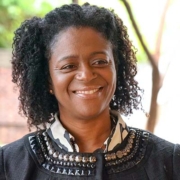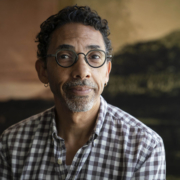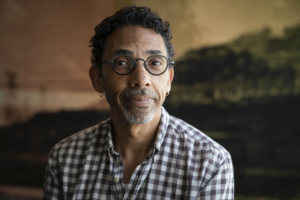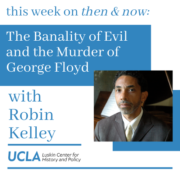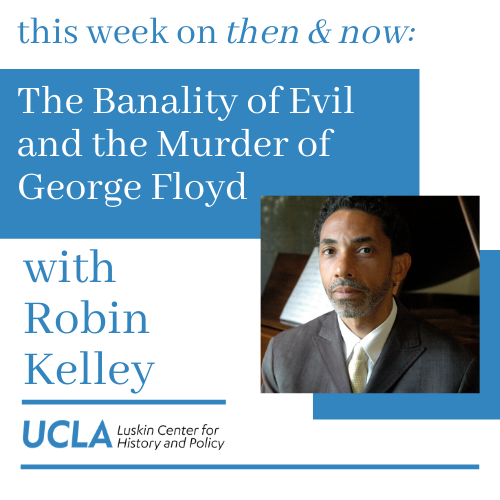CA State Senator Lola Smallwood-Cuevas takes us through some of the history, present, and future of UCLA Labor Center’s CARE at Work program and the LA Black Worker Center. Senator (and founder of the first Black Worker Center) Smallwood-Cuevas highlights the importance and urgency of the work being done by these centers to address the black worker job crisis and how they help to create a more equitable work place.
Chapters:
0:04 – Lola Smallwood-Cuevas – Work to do!
0:22 – Intro Celia Lacayo
0:52 – Lola early history with UCLA Labor Center
2:25 – Robin D.G. Kelley on working with Lola and the Black Worker Center
3:32 – Lola on importance of the root system
4:04 – Kenneth-Alan Callahan LABWC Freedom Fellow
4:39 – Lola on growing impact of the work
For more information visit the UCLA Center for the Advancement of Racial Equity (CARE) at Work
For more LA Social Science videos subscribe to our YouTube channel
A video by Paul Connor

